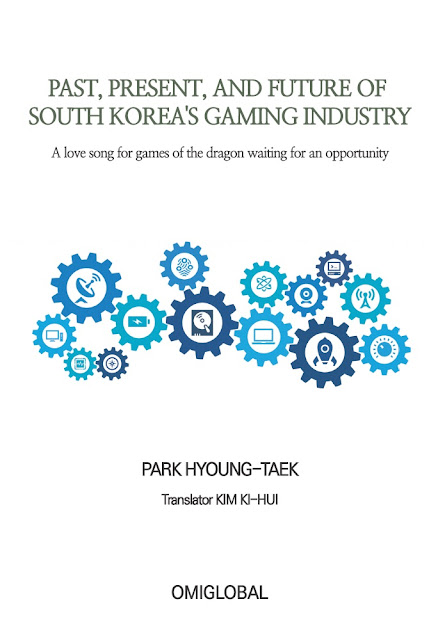泥中蟠龍's Game愛歌 [A love song for games of the dragon waiting for an opportunity]
泥中蟠龍 's Game 愛歌 [A love song for games of the dragon waiting for an opportunity] Fragmentary thoughts on G-Star 2018 22. Nov. 2019 Not long ago, G-Star — an annual trade show for the computer and video games industry — 2018 was held. Under the slogan "Let Games be Stars", the 14th global game exhibition for game fans both at home and abroad showed popular games and introduced new games that are scheduled to be released. Apart from B2C(business-to-consumer) hall experiencing ups and downs with varied experiences, today I'd like to talk about B2B hall next to the B2C space. G-Star means a lot to me because I go to Busan every year for the show and I exchange information with people in the gaming-related industry during the event. Unlike B2C events for ordinary visitors, B2B hall is for people who find business opportunities. Lots of business meetings are conducted in the exclusive space. Overseas companies look for a Korean game to launch in their ...





